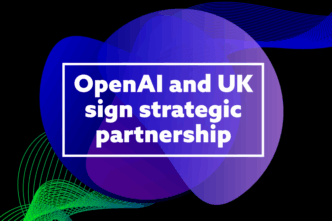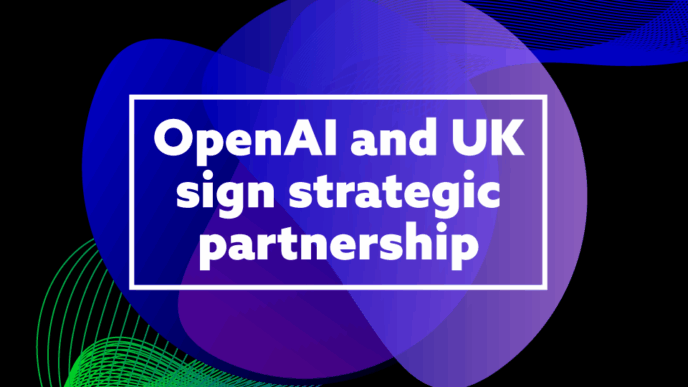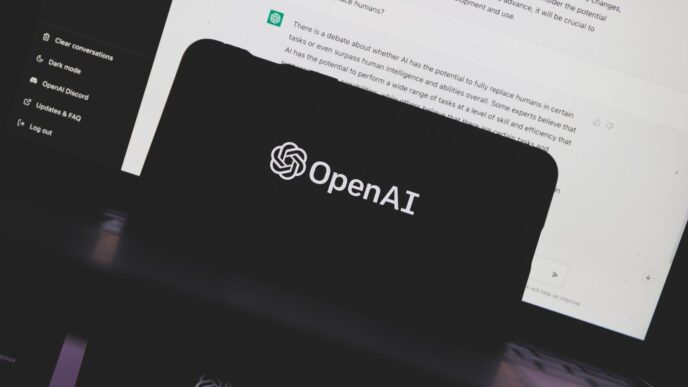Generative Engine Optimization (GEO) is shaking up SEO in 2025. The game changed fast, and the old keyword tactics are dead. Marketers chasing keyword volumes and generic content guides, stop now. GEO demands fresh, data-driven content that actually adds value — real information gain that AI can trust and cite.
The shift started as Google’s AI Overviews (AIOs) cut click-through rates and large language models like ChatGPT eroded traditional search traffic. Now the focus is on making content that AI and LLMs want to recommend—not just rank. Using BoundlessHQ’s 2023 remote work survey as a case study shows how unique research beats recycled “ultimate guides.”
Forget keywords. They don’t reveal who’s searching or why. AI wants content shaped by actual market conversations, not keyword tools. To win with AI, tap into raw data sources feeding the models. That means original surveys, media mentions, backlinks, and transparency on data methods and limitations.
“If your content isn’t unique, why would journalists mention you? Bloggers link back to you? People share or bookmark your page? AI retrain its models using your content or cite your brand?”
Traditional SEO basics still matter: speed up page loads, deploy schema for context, add conversational, answer-first structures, and open content to LLM crawling. But GEO is about efficiency, because AI can’t waste energy on fluff.
AI hates content spun by AI. It senses those telltale tropes—no personal stories, no subtle humor—so keep writing human. Otherwise, your content risks being ignored or even damaging the AI’s quality.
The future is clear: to get cited by AI, you need new insights, grounded research, and solid SEO hygiene. Good enough for GEO crushes both AI and old-school SEO.
More at BoundlessHQ’s blog.
Screenshot by author, July 2025
Featured Image: Collagery/Shutterstock














